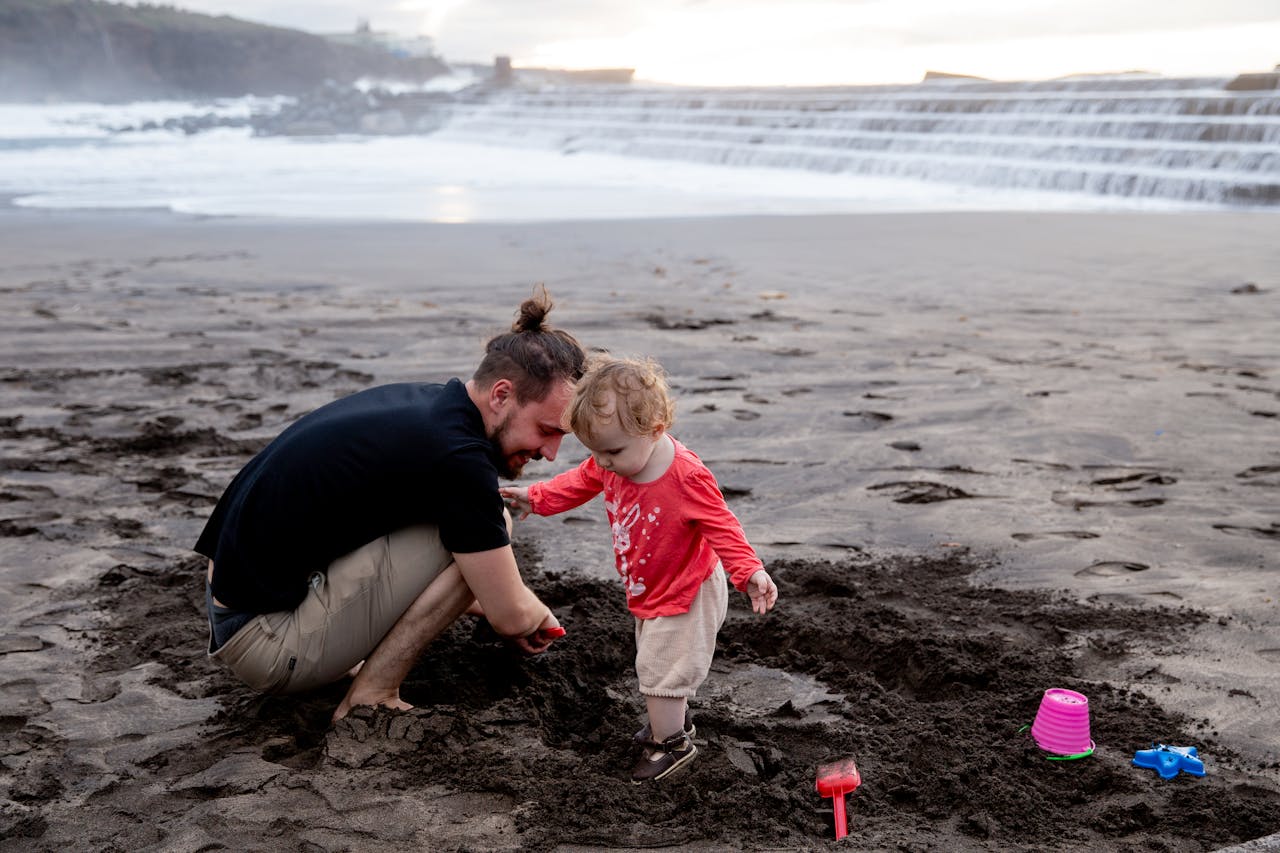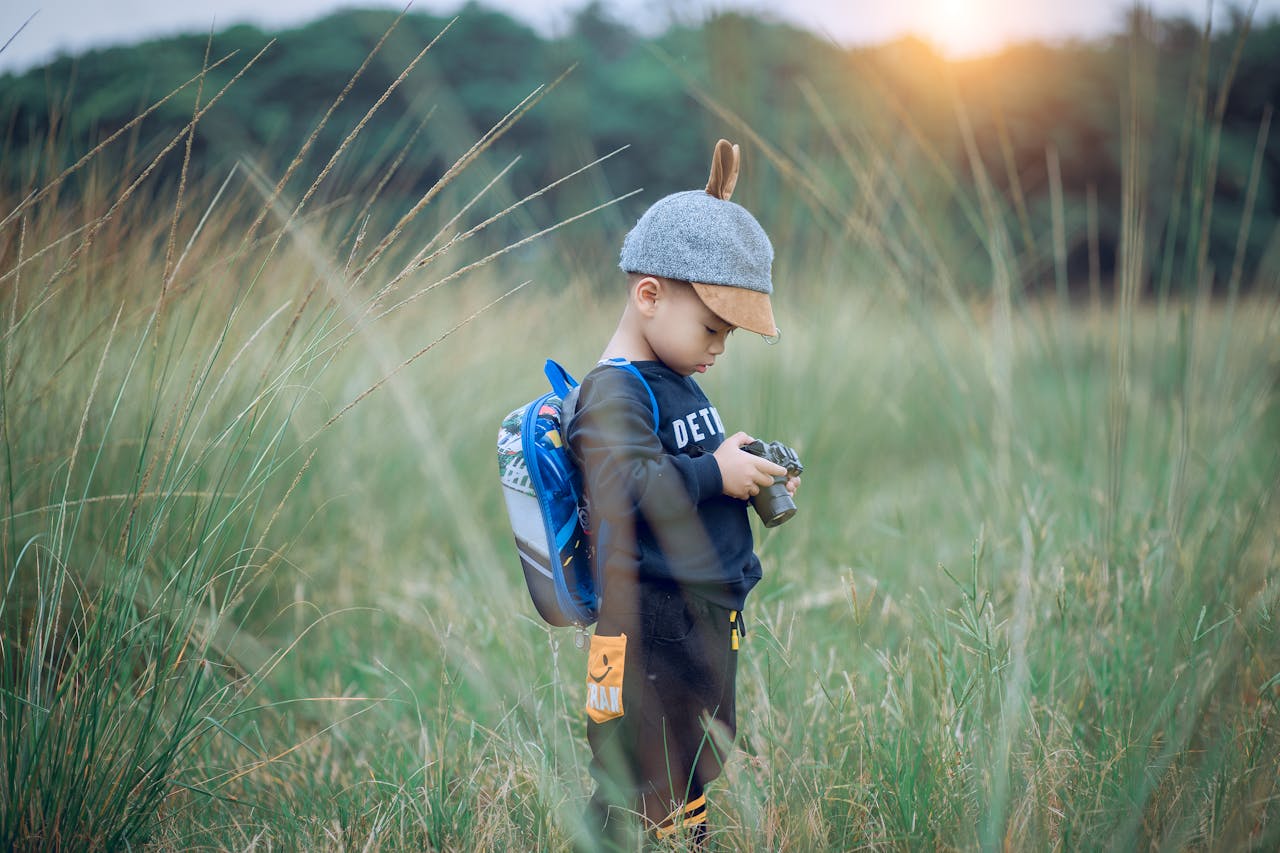Fresh air, sunshine, and active play are essential for your child’s physical and emotional development. But while outdoor activities help children grow strong, socialize, and build resilience, outdoor environments come with unique safety challenges every parent must navigate. As pediatricians, we understand the balance parents must strike between letting kids explore and keeping them protected.
In this comprehensive guide, you’ll learn the most up-to-date and pediatrician-approved outdoor safety tips to ensure your child enjoys every adventure while staying safe. From backyard play to trips to the park and everything in between, this blog covers practical, actionable advice that empowers parents with confidence.
Why Outdoor Play Is Important for Child Development
Outdoor play fuels physical development, social interaction, emotional regulation, and creativity. Pediatricians recommend that children engage in outdoor activities daily. Being outside reduces stress, encourages healthy movement, and supports sleep quality—topics also discussed in our blog on Screen Time and Sleep.
However, the benefits of the outdoors only go so far without safety measures. Let’s explore the key hazards and how to address them.

Common Outdoor Hazards for Children
Children are naturally curious and energetic, which can sometimes lead to risky behaviors. Here are a few outdoor hazards parents should watch out for:
- Uneven surfaces or slippery playground equipment
- Sharp objects in grass or sand
- Toxic plants, mushrooms, or insects
- Dangerous weather conditions
- Water bodies without supervision
Understanding these hazards allows parents to take a proactive role in keeping their kids safe during outdoor fun.
General Pediatrician-Approved Safety Rules
Whether in your yard or a public park, these fundamental safety rules apply to every outdoor setting:
- Always supervise younger children. Active supervision is the most effective way to prevent injuries.
- Teach boundaries. Make sure your child understands where they can and can’t go.
- Dress appropriately. Wear weather-appropriate clothing, closed-toe shoes, and reflective gear when needed.
- Perform a safety check. Inspect the area for sharp objects, insect nests, or other hazards before play begins.
These simple habits dramatically lower the risk of outdoor injuries.
Sun Protection and Heat Safety
Excess sun exposure puts your child at risk for sunburn, dehydration, and heat-related illnesses. Pediatricians strongly advise:
- Use broad-spectrum sunscreen (SPF 30+), reapplied every 2 hours.
- Wear protective clothing like long sleeves, hats, and UV-blocking sunglasses.
- Avoid direct sun exposure between 10 AM and 4 PM.
- Stay hydrated. Offer water regularly and limit sugary drinks.
Worried about whether your child drinks enough water? Check out our blog on How Much Water Should Your Child Drink for hydration tips you can trust.
Water Safety for Pools, Lakes, and Sprinklers
Water play is fun—but it’s also one of the leading causes of accidental injuries among children. Pediatricians recommend:
- Constant supervision near any water source.
- Enrolling kids in age-appropriate swim lessons.
- Using Coast Guard-approved life jackets (not floaties).
- Installing safety fences around pools at home.
Even shallow water like kiddie pools or bathtubs can pose risks. Empty them after use and never leave a child unattended, even for a second.
Insect Bites and Bug Protection
Outdoor spaces are full of insects, and some bites can lead to allergic reactions or transmit disease. Here’s how to keep bugs at bay:
- Apply pediatrician-recommended insect repellents (avoid DEET on babies under 2 months).
- Dress your child in light-colored, long-sleeved clothing.
- Avoid scented soaps or lotions that attract insects.
- Check for ticks after outdoor play, especially in wooded or grassy areas.
If your child has sensitive skin or allergies, discuss specific concerns with your pediatrician.
Playground Safety Must-Knows
Playgrounds are the epicenter of outdoor fun, but they’re also hotspots for injuries. Make playgrounds safer by:
- Choosing age-appropriate equipment.
- Ensuring soft surfaces under swings and slides (rubber, mulch, or sand).
- Supervising climbing activities.
- Avoiding overcrowded play structures.
Slippery surfaces or worn-down equipment can lead to slips, trips, and falls. Make sure your child knows how to play safely and take turns.
Bike, Scooter, and Ride-on Toy Safety
Wheeled toys encourage exercise and independence, but safety is crucial. Here’s how to keep riders safe:
- Always wear a properly fitted helmet.
- Check equipment before use. Brakes, tires, and handlebars should be in good shape.
- Use protective gear. Knee pads, elbow guards, and wrist protectors reduce injury.
- Teach street awareness. Kids should ride on sidewalks or bike lanes, away from cars.
Safety gear is non-negotiable. Start young so your child sees it as a routine part of riding.
Street and Driveway Safety Tips
Many parents overlook driveways and streets as danger zones, but they’re major hazards, especially for toddlers. Pediatricians recommend:
- Holding hands near streets at all times.
- Teaching children to stop, look, and listen before crossing.
- Ensuring driveways are clear before moving vehicles.
- Using brightly colored clothing or accessories for visibility.
Even if you’re just playing with chalk or bubbles near the driveway, constant supervision is vital.
Nutrition and Hydration During Outdoor Play

Children burn more calories and lose more fluids during outdoor activity. Pediatricians suggest:
- Packing healthy snacks (fruit slices, yogurt, whole grain crackers).
- Avoiding high-sugar foods and sodas.
- Offering water every 20–30 minutes during active play.
For children under one year, it’s essential to follow strict food safety rules. Read our in-depth guide on Foods to Avoid in Your Child’s First Year to learn how to prevent allergic reactions and choking hazards.
Also, if your child is a picky eater and refuses snacks or meals, our blog on What to Do When Your Child Is a Picky Eater offers tried-and-true tips from pediatric professionals.
When to Consult a Pediatrician About Outdoor Injuries
Not all outdoor accidents require emergency care, but there are signs when medical help is necessary:
- Uncontrolled bleeding
- Suspected fractures or sprains
- Signs of heatstroke (confusion, fainting, no sweating)
- Allergic reactions to insect bites
- Loss of consciousness, even briefly
If you’re unsure, don’t hesitate to contact your local pediatrician. Searching for a pediatrician near me can lead you to trusted care when you need it most.
Outdoor play is one of the most joyful, enriching experiences of childhood—but safety must come first. By following these pediatrician-approved tips, you can ensure your child gets all the physical and emotional benefits of being outside while minimizing risks.
From sun safety and hydration to bug protection and playground supervision, it’s all about thoughtful planning and ongoing communication with your child. And remember, if concerns arise, your pediatrician is your best resource.
Empowered with knowledge, you’re not just protecting your child—you’re setting them up for a lifetime of safe and confident exploration.
For more pediatric insights on daily child care and safety, explore our full blog collection and follow us for trusted updates.
